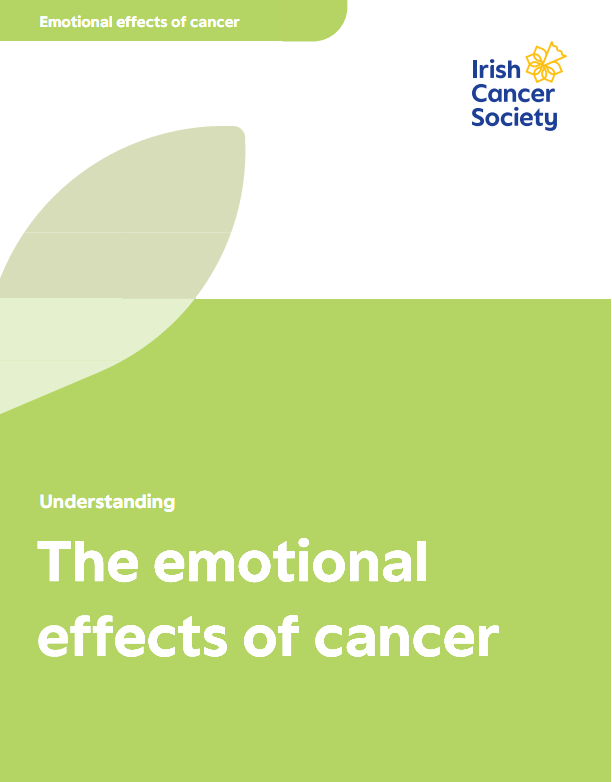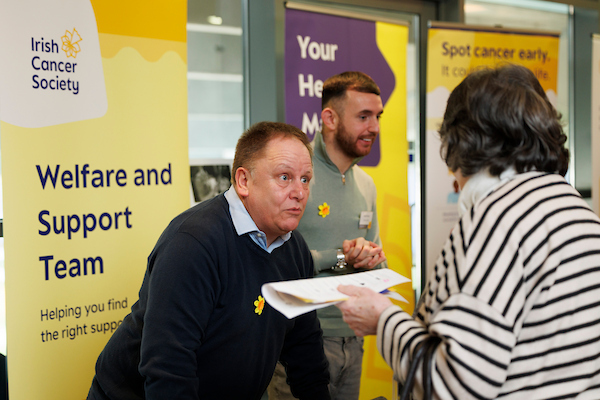Anxiety and depression can affect your thoughts, feelings and ability to function in everyday life. You may feel like you can’t cope.
You may find it hard to see a way out if you’re feeling very anxious or depressed, but anxiety and depression can be successfully treated.






